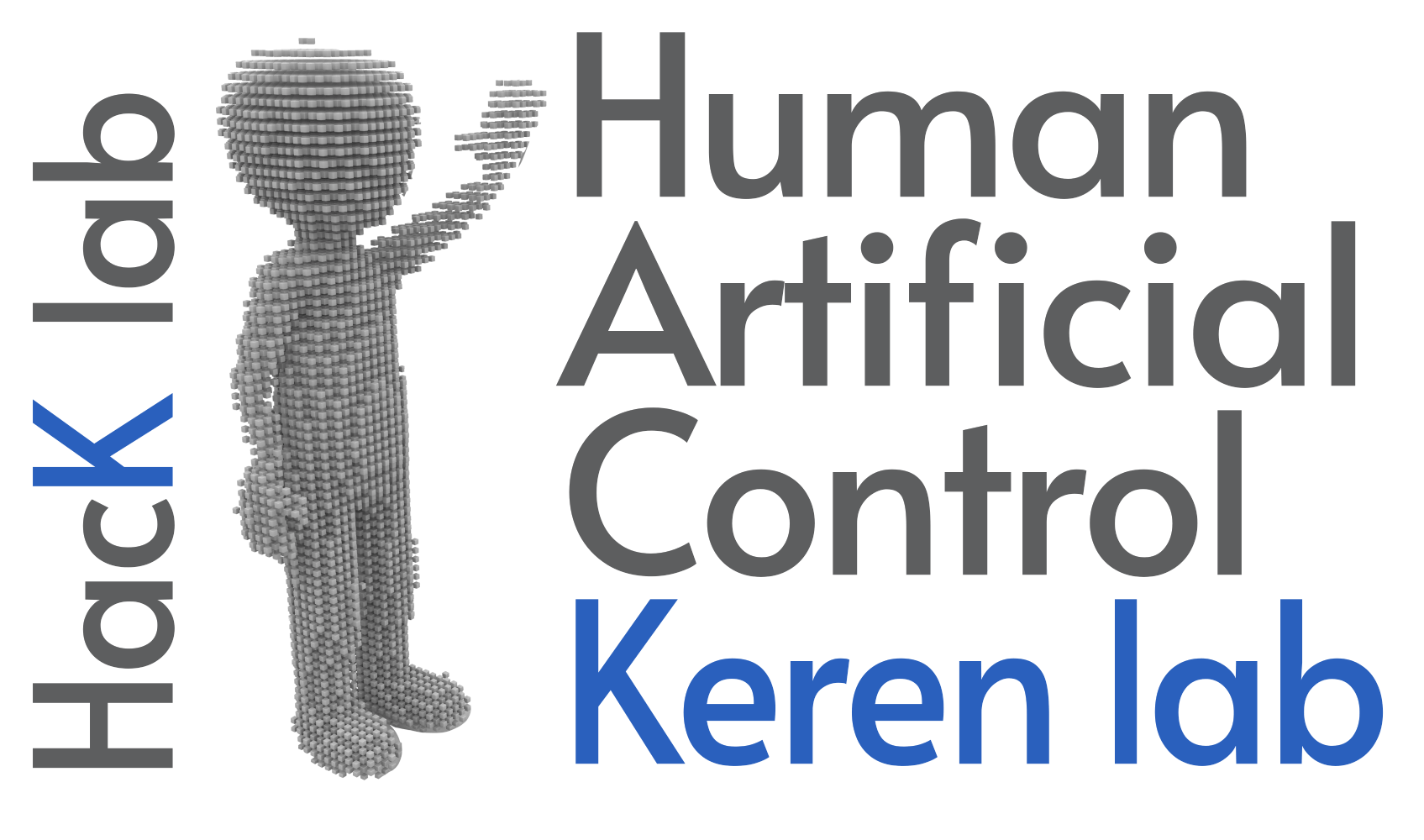Research and Methods
The problem
Although there are more than 280 million individuals diagnosed with depression world-wide and mental health issues are striking across all populations, the tools to understand, measure, track and diagnose what is happening and why – are lagging behind any other medical field.
Our research is focused on establishing the feasibility to quantify, measure and control currently unmeasurable human processes such as mood.
This work will hopefully enable the implementation of advanced technological solutions aimed at improving mental health. We work on developing engineering and interdisciplinary methodologies for integrating the neural, physiological and social mechanisms of mood, with a focus on understanding what drives mood stability vs instability, in health and in psychopathology.
One of our primary tools are closed-loop adaptive experiments, that can artificially control individuals’ mood to different states or maintain them at a specific mood state. This unique approach allows to uncover the underlying mechanisms and limits of individual mood in different environments.

Our research questions:
- Why individuals are so different in their mood dynamics? How can we study individual mood dynamics and uncover the individual differences?
- How do physiological, neural and social signals combine to mood and emotions? How can we integrate between all these signals and measures to study this question?
- Can we use such objective signals of mood to decode mood changes and can we use them also as a target during clinical treatments?
- Can we develop behavioral experiments that are realistic and adaptive like real environments and real interactions?
- Can mood be artificially controlled, stabilized or manipulated, to eventually improve well-being and treat depression?
Methods:
- Virtual reality
- Computational modeling
- EEG
- fMRI
- Physiological recordings
- Facial expressions analysis
- Movement sensors and video tracking
- Social group experiments
- Decision making
